The Walter E. Washington Convention Center, famous for hosting the official inaugural balls for Presidents George W. Bush and Barack Obama, earned its newest claim to fame, March 20-22, when it hosted the largest Kosher event ever—the 2016 AIPAC Conference. Actually, the 2,300,000-square-foot facility in Washington, D.C., was not large enough for the event which was addressed by Vice President Joe Biden, Democratic presidential hopeful Hillary Clinton and Republican presidential hopefuls Senator Ted Cruz, Governor John Kasich, and Donald Trump. The 1,020,000 square foot field Verizon Center and the 105,000 square foot Marriott Marquis, were utilized, as well.
Here are just some of the stats so you can try to fathom what it took for the The Vaad Harabanim of Greater Washington (the “Capitol K”) to ensure the event was kosher: 18,700 attendees; 55 mashgichim; 10 kitchens; 4 caterers; 12,000 lamb chops; 5 actual days of catering; 14 carriers of Kosher […]

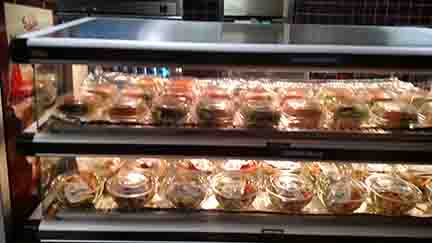




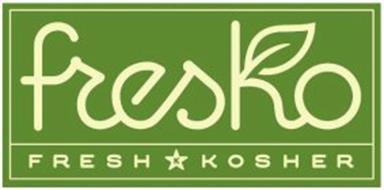

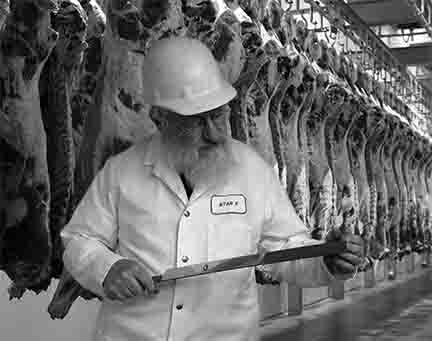

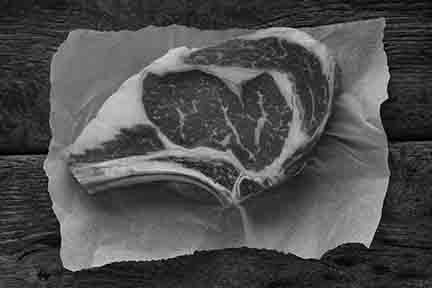


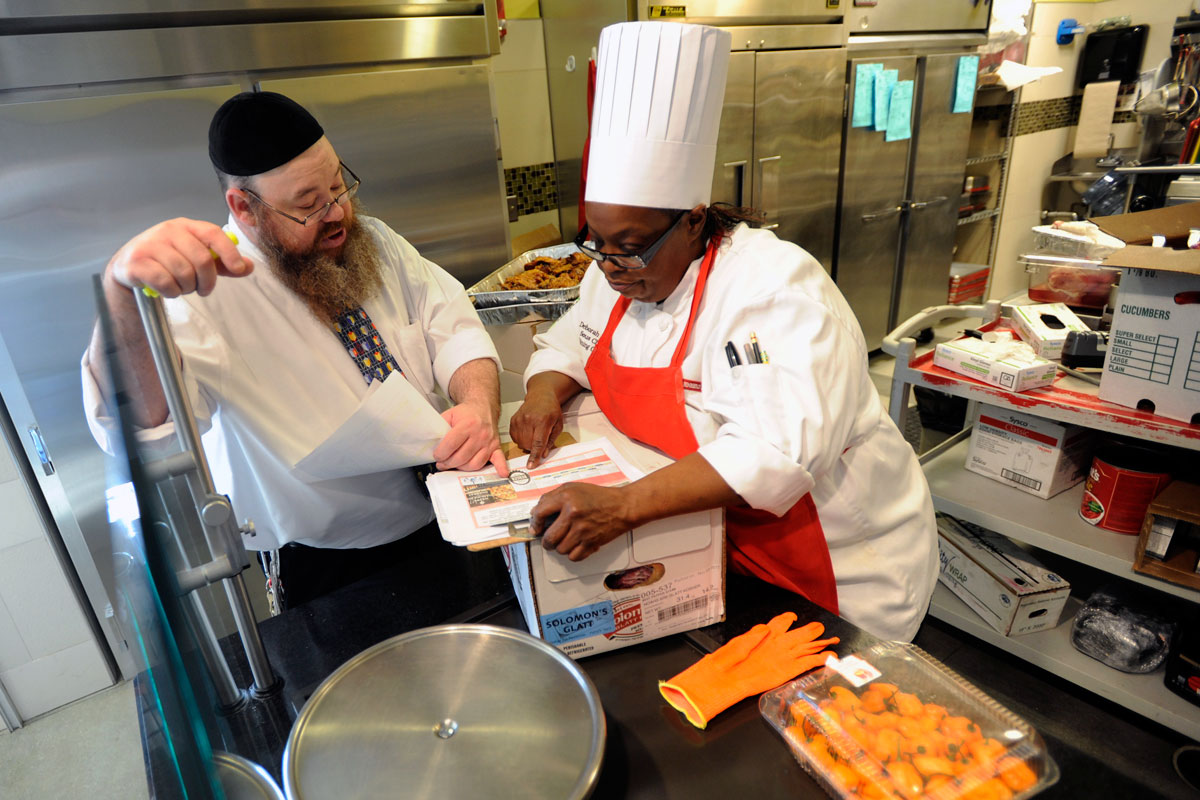



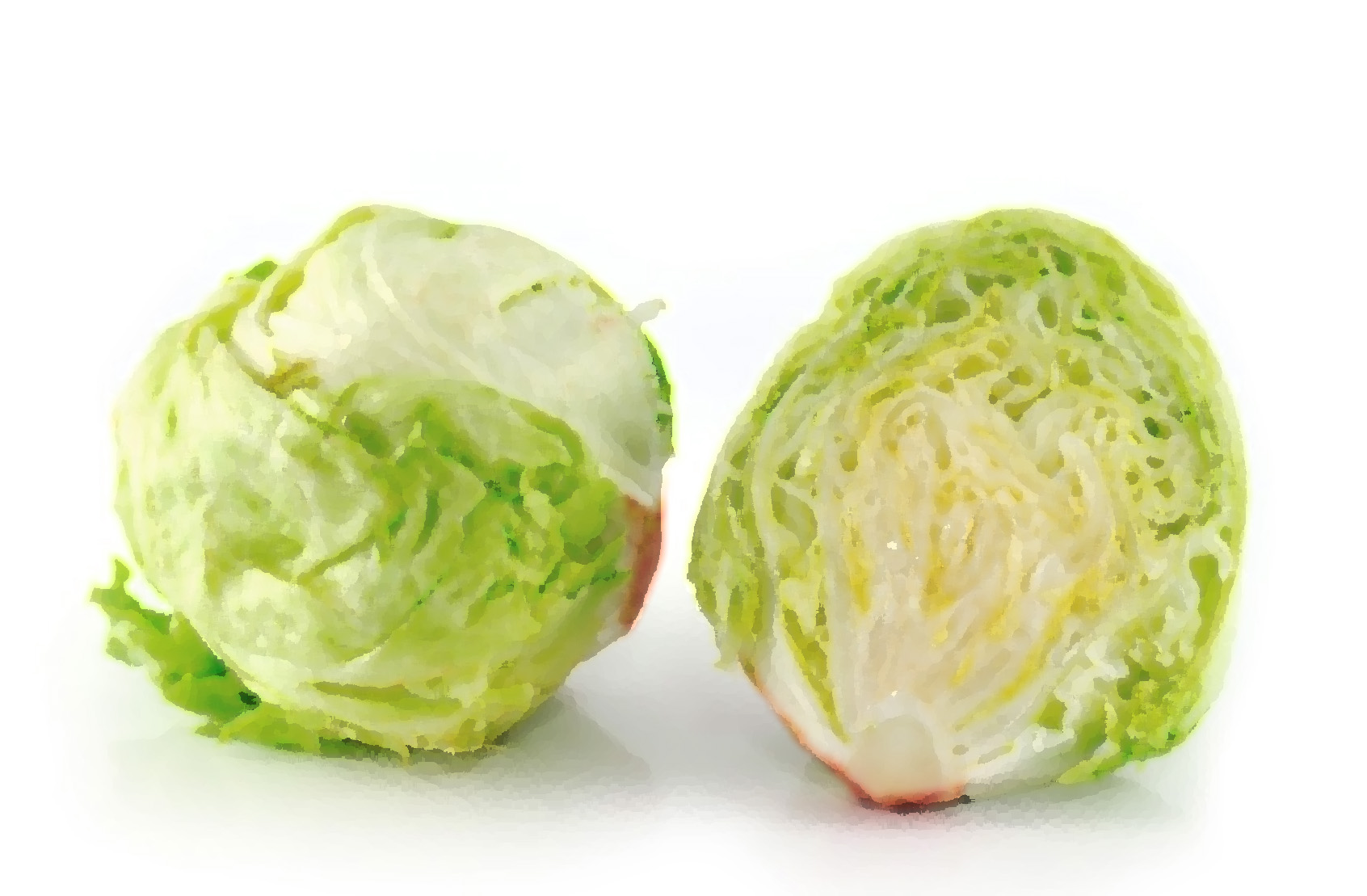

 STAR-D
STAR-D STAR-S
STAR-S